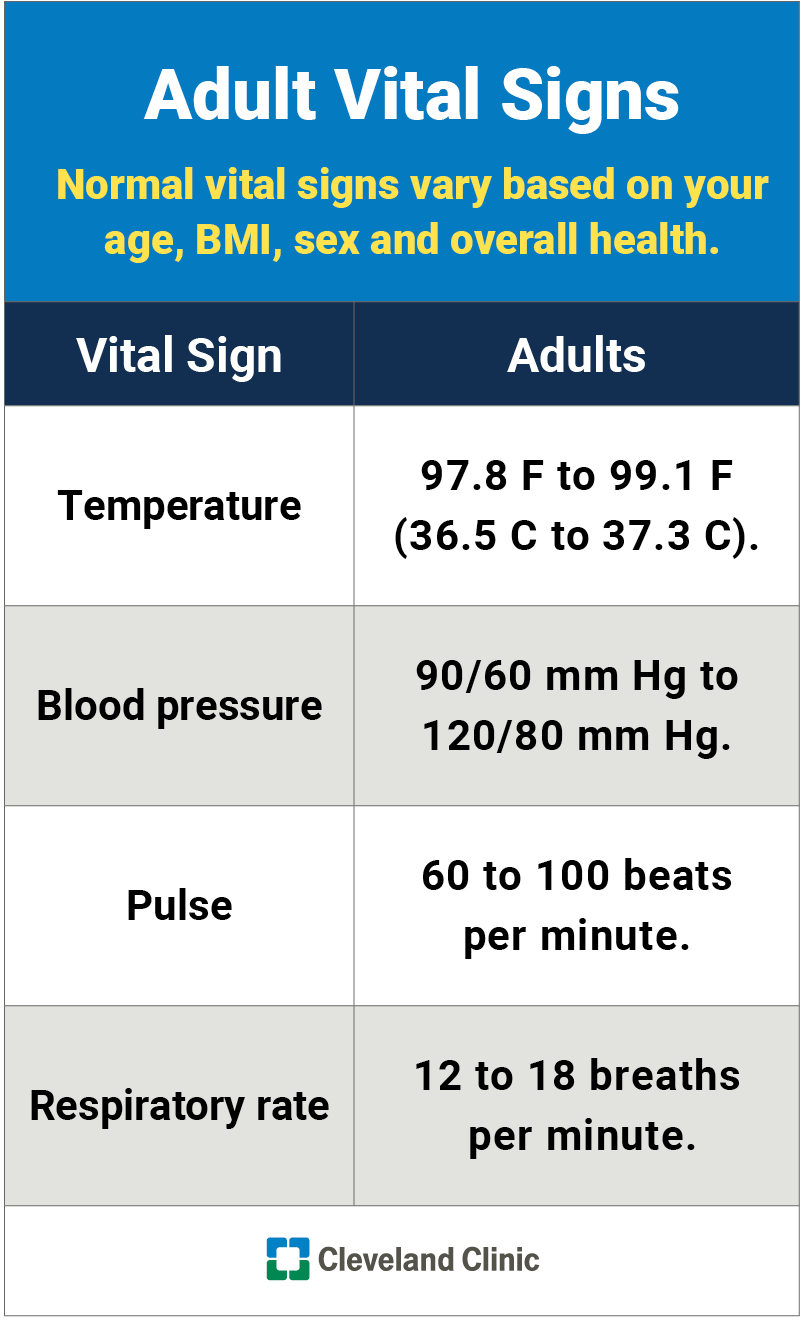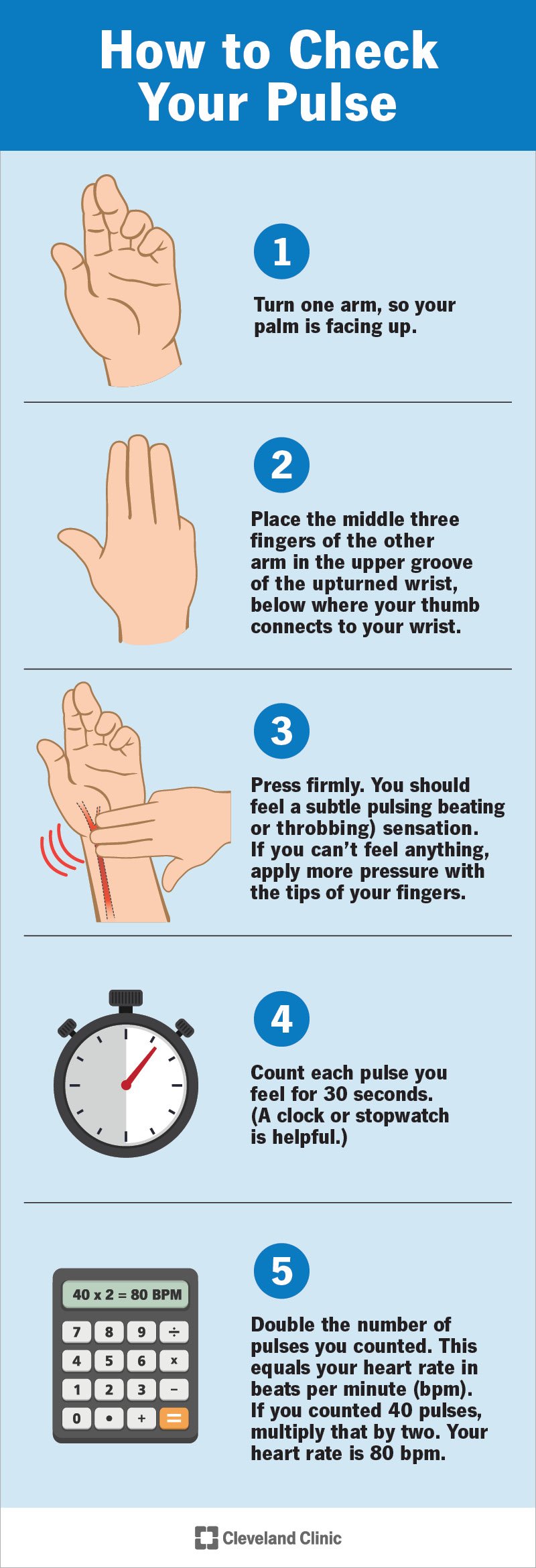In just 60 seconds, you can determine if your heart is in good shape. By taking a simple test.
Climb four flights of stairs in under a minute, and if you can do it, your heart is considered healthy. This quick and easy test is an accurate indicator of your cardiac health according to researchers from Spain. By being able to complete this test, you can gain insight into your cardiovascular health.
Monitoring your heart health is essential, and this test provides a convenient way to assess your heart’s fitness level.

Credit: www.developgoodhabits.com
Ways To Determine Heart Health
In just 60 seconds, you can determine the health of your heart with this simple test. No need for complex procedures – all it takes is the ability to climb four flights of stairs. If you can do it easily, your heart is in good shape.
If you want to ensure that your heart is in good shape, there are various ways in which you can assess your heart health. By focusing on certain aspects of your body and making small lifestyle changes, you can have a better understanding of your cardiovascular well-being.
Breathing And Energy Levels
Pay attention to your breathing patterns and energy levels. If you consistently find yourself short of breath or experiencing fatigue even after minimal physical exertion, it may indicate an issue with your heart health. Shortness of breath can be a sign of reduced blood flow to the heart or even congestive heart failure. If you experience any of these symptoms, it’s important to consult with a healthcare professional for a proper diagnosis.
Monitoring Blood Pressure And Pulse Rate
Regularly monitoring your blood pressure and pulse rate is a vital step in evaluating your heart health. High blood pressure, also known as hypertension, can significantly increase the risk of heart disease. Use a blood pressure monitor to keep track of your blood pressure at home. Additionally, measuring your pulse rate can help you determine if your heart is beating at a normal rate. You can check your pulse by placing two fingers (usually index and middle finger) on your wrist or neck and counting the number of beats per minute.
Oral Health And Regular Screenings
Believe it or not, oral health can be closely linked to heart health. Studies have shown that periodontal disease (gum disease) is associated with an increased risk of heart disease. Maintaining good oral hygiene by brushing and flossing regularly, as well as visiting your dentist for routine check-ups, can help prevent potential heart health issues. In addition to oral health, don’t skip regular screenings. Regular visits to your healthcare provider can ensure that your heart health is monitored and any potential issues are detected early.

Credit: pixelar.ca
The Stair Test For Heart Health
When it comes to assessing your heart health, there is a simple yet effective test that you can do right at home. It’s called the Stair Test, and it only takes 60 seconds of your time. In this blog post, we will explore the significance of the Stair Test in evaluating the health of your heart.
The Stair Test And Its Accuracy
The Stair Test has been found to be an accurate indicator of your cardiac health. As stated by researchers from Spain, being able to climb four flights of stairs in under a minute indicates good heart health. The simplicity of this test makes it an accessible option for anyone to assess their cardiovascular fitness.
If you can complete this test within the given time frame, it suggests that your heart is in good shape.
Climbing Stairs As An Indicator Of Cardiac Health
Climbing stairs might seem like a simple everyday activity, but it can actually provide valuable insights into the condition of your heart. The ability to climb stairs quickly and effortlessly indicates good cardiovascular function. On the other hand, struggling to complete this task within the given time might be an indication of potential cardiac issues that require further investigation.
By performing the Stair Test regularly, you can monitor any changes in your heart health and take necessary steps to maintain or improve it.
In conclusion, the Stair Test for heart health is a quick and convenient way to assess your cardiovascular fitness. By mastering this simple task, you can gain confidence in the health of your heart and make informed decisions about your overall well-being.
Other Tests For Heart Health
In just 60 seconds, you can test if your heart is in good shape by climbing four flights of stairs. This simple and free test is an accurate indicator of good cardiac health, according to researchers. By incorporating this test into your routine, you can easily check your heart health at home.
Best Tests To Check For Clogged Arteries
When it comes to assessing heart health, it’s important to consider multiple factors. While the stair test mentioned earlier can provide a quick indication of your cardiovascular fitness, there are other tests that can help evaluate the condition of your heart in a more comprehensive manner. One such test is the best way to check for clogged arteries, a condition that can increase the risk of heart disease and other cardiovascular issues. An effective and widely used test to diagnose clogged arteries is a coronary angiography. This test involves injecting a contrast dye into your blood vessels and taking X-ray images to identify any blockages or narrowing in your arteries. Through these images, doctors can determine the severity and location of the blockages and plan appropriate treatment. Another test that is commonly used to check for clogged arteries is a cardiac stress test. This test examines how well your heart functions during physical activity and can help identify any abnormal changes in blood flow. Both of these tests are performed under medical supervision and can provide valuable insights into your heart health.Determining Heart Health With A Blood Pressure Cuff Or Pulse Monitor
Regular monitoring of your blood pressure and heart rate is crucial for maintaining good heart health. One way to do this is by using a blood pressure cuff or pulse monitor, which are easily accessible devices that you can use at home. A blood pressure cuff measures the force exerted by blood against the walls of your arteries. It provides two readings – systolic pressure (the pressure when your heart beats) and diastolic pressure (the pressure when your heart rests between beats). A normal blood pressure reading is typically around 120/80 mmHg. High blood pressure (hypertension) can strain your heart and increase the risk of heart disease, so it’s important to keep your blood pressure within a healthy range. On the other hand, a pulse monitor measures your heart rate, which indicates the number of times your heart beats per minute. A normal resting heart rate is usually between 60-100 beats per minute. By regularly monitoring your blood pressure and heart rate, you can stay aware of any fluctuations and take appropriate steps to maintain your heart health.Additional Ways To Test Heart Health
In addition to the stair test and measuring blood pressure and heart rate, there are other ways to assess your heart health. One effective method is a cholesterol test, which measures the levels of various types of cholesterol in your blood. High levels of LDL (bad) cholesterol can contribute to the build-up of plaque in your arteries, increasing the risk of heart disease. A lipid profile test can also check your triglyceride levels and HDL (good) cholesterol, both of which play important roles in heart health. Another useful test is an electrocardiogram (ECG or EKG), which records the electrical activity of your heart. This test can detect abnormal heart rhythms, signs of previous heart attacks, and other conditions that may affect your heart’s functioning. Lastly, a cardiac CT scan can provide detailed images of your heart and blood vessels, helping to identify any structural or functional abnormalities. These additional tests, in combination with the stair test and blood pressure monitoring, can give a comprehensive assessment of your heart health and enable timely intervention if required.
Credit: my.clevelandclinic.org
Frequently Asked Questions On If You Can Do This Simple Test In 60 Seconds, Your Heart Is In Good Shape
How Do You Know If Your Heart Is In Good Shape?
To know if your heart is in good shape, you can measure your pulse rate and blood pressure at home. Symptoms to watch for include chest pain, shortness of breath, and low energy levels. Regular screenings are also important. Additionally, being able to climb four flights of stairs in under a minute is a good indicator of heart health.
How Can I Check If My Heart Is Ok At Home?
You can check if your heart is okay at home by measuring your pulse rate and blood pressure using a blood pressure monitor. Look out for symptoms like chest pain, shortness of breath, and discomfort. Additionally, climbing four flights of stairs in under a minute is a good indicator of good cardiac health.
Regular screenings are also important.
What Is The Stair Test For Heart?
The stair test for the heart is a simple way to check heart health. According to researchers, being able to climb four flights of stairs in under a minute indicates good cardiac health. It’s an easy and free test that can be done anywhere.
What Is The Best Test To Check For Clogged Arteries?
A simple and effective test to check for clogged arteries is the stair test. Being able to climb four flights of stairs in under a minute indicates good cardiac health. This test is easy to perform and provides a quick assessment of one’s heart health.
Conclusion
In just 60 seconds, you can determine the state of your heart health with a simple test. Climbing four flights of stairs quickly and effortlessly is a sign of good cardiac health, according to researchers. This “stair test” offers an easy and accessible way for everyone to assess their cardiovascular well-being.
By prioritizing regular screenings, monitoring energy levels, blood pressure, oral health, and symptoms, you can take proactive steps to maintain a healthy heart. Don’t skip the opportunity to prioritize your heart health and take control of your well-being.
